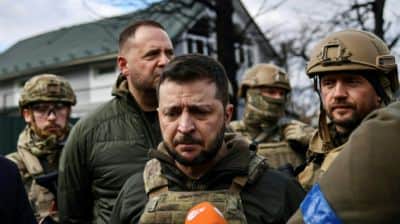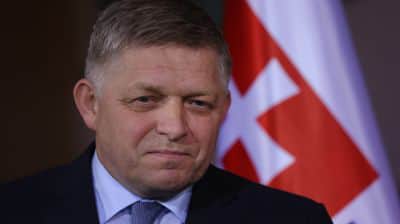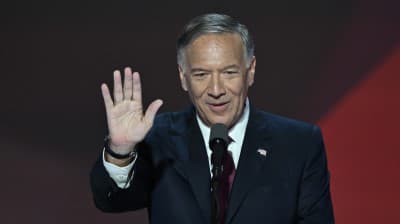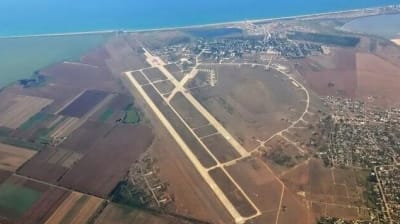Kremlin not able to fulfil Russian ultranationalists' demands concerning its war in Ukraine – ISW
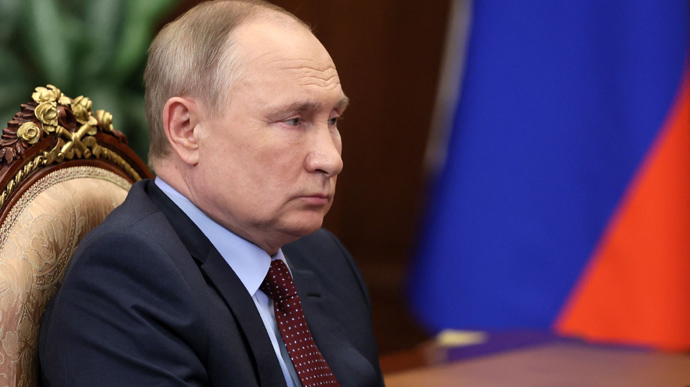
The Kremlin accused a Ukrainian sabotage and reconnaissance group of conducting a border incursion in Bryansk Oblast, Russia on 2 March. The incident generated a wave of discontent among Russian officials and ultranationalist groups.
Source: Institute for the Study of War report from 2 March 2023
Details: The ISW described the responses to the incident of various Russian government officials and military bloggers.
Kremlin Spokesperson Dmitry Peskov refused to comment on questions regarding any change of the "special military operation" status to "war" because of the incident.
Wagner Group financier Yevgeny Prigozhin sarcastically observed that Russia had been allowing Ukraine to violate its "red lines".
Russian officials such as Crimean occupation head Sergey Aksyonov and Chechen leader Ramzan Kadyrov called on the Kremlin to expand security measures and conduct retaliatory operations. Kadyrov, for example, called on the Kremlin to target civilians to punish the perpetrators of this incident, effectively calling for Russia to conduct war crimes.
Kremlin-affiliated military bloggers and former proxy officials also called on the Kremlin to designate the Ukrainian Armed Forces and the Russian Volunteer Corps as terrorist organisations, and compared the incident to the Beslan school siege in North Ossetia in 2004.
Russian military bloggers also called on the Kremlin to use this incident to form a Supreme High Command to undertake all political, military, and economic decisions to ensure that Russia wins the war. Other military bloggers also linked the incident to recent Putin statements that the FSB needs to strengthen border protection and advocated for more resources for border units. Some military bloggers called on Russia to form assassination squads to kill Ukrainian officials and form exclusion zones at the border.
The ISW believes that these responses to the Bryansk incident indicate that the Kremlin is incapable of satisfying the demands of Russian ultranationalist groups.
Quote from the ISW: "These responses indicate that the ultranationalist community is largely dissatisfied with numerous aspects of the Kremlin’s inability to fully commit to its own false rhetoric that Russia is fighting an "existential war" in Ukraine.
The Kremlin does not have the capacity to satisfy all of these ultranationalists’ demands and may seize this opportunity to introduce additional security provisions in Russia that would benefit Putin without committing Russia to a higher risk or domestic unrest — such as declaring war."
Background:
- On the morning of 2 March, the governor of Bryansk Oblast (Russia), which borders Ukraine, claimed that a Ukrainian sabotage and reconnaissance group (SRG) infiltrated the oblast, took civilians hostage and fired at a car.
- The Russian propaganda media quickly latched onto this information, but different sources are sharing contradictory information. There were rumours that Putin would hold an emergency meeting of his Security Council, but his press service denied this.
- At the same time, Ukraine’s border guards said that they controlled the situation on the border with Russia and that the allegations that a "Ukrainian reconnaissance and sabotage group" was operating in the Russian Federation was an informational provocation by the aggressor country.
- Later, the Russian Volunteer Corps declared that it was not a "Ukrainian reconnaissance and sabotage group", but their soldiers who entered the territory of the Russian Federation on 2 March to show that free Russian people can fight against Putin's regime with weapons in their hands.
Journalists fight on their own frontline. Support Ukrainska Pravda or become our patron!
